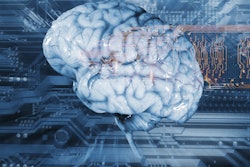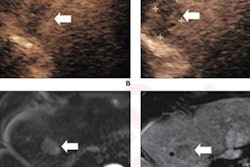MRI-conditional CIEDs -- that is, those that carry no known risks to patients in the MRI suite -- have been developed and strategies for imaging patients with non-MRI-conditional cardiac devices have been established. However, scanning outcomes for the latter haven't been thoroughly tracked.
A group led by presenter Dr. Arash Bedayat of the University of California, Los Angeles, conducted a study that included 2,927 patients with both MRI- conditional and non-MRI-conditional CIEDs who underwent MRI between January 2015 and December 2020, primarily for neurologic indications, followed by cardiac; 46% of the patient cohort had non-MRI-conditional devices.
All patients had a chest x-ray first to determine the number of device leads and locations. The MRI-conditional devices were set to protection mode and tachycardia detections for the non-MRI-conditional devices were turned off. A nurse practitioner monitored the patient during the scan, and after it was complete, the CIEDs' functions were reprogrammed to initial settings.
Most (52%) patients underwent MRI for neurologic indications. Of the study cohort, 220 patients had at least one problem with their CIED such as abandoned leads, lead fractures, or low batteries.
But of 2,927 patients with CIEDs -- both MRI-conditional and not -- only three experienced any complications, in the form of arrythmia during or after the MRI exam, for a rate of 0.1%.
"By applying the proper workflow and safety protocols, CIED patients can undergo MRI with minimal risk," the group noted. "These protocols could be implemented at more imaging centers so that CIED patients are not excluded from the standard of care."



















